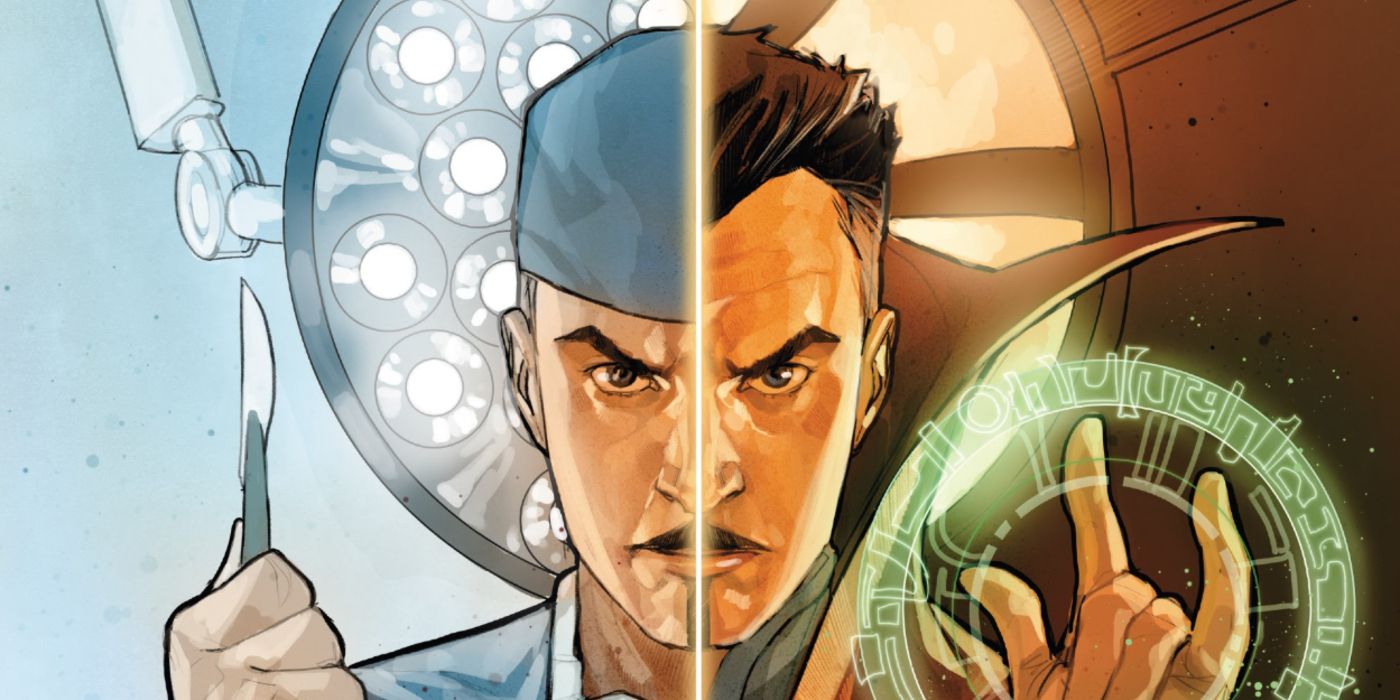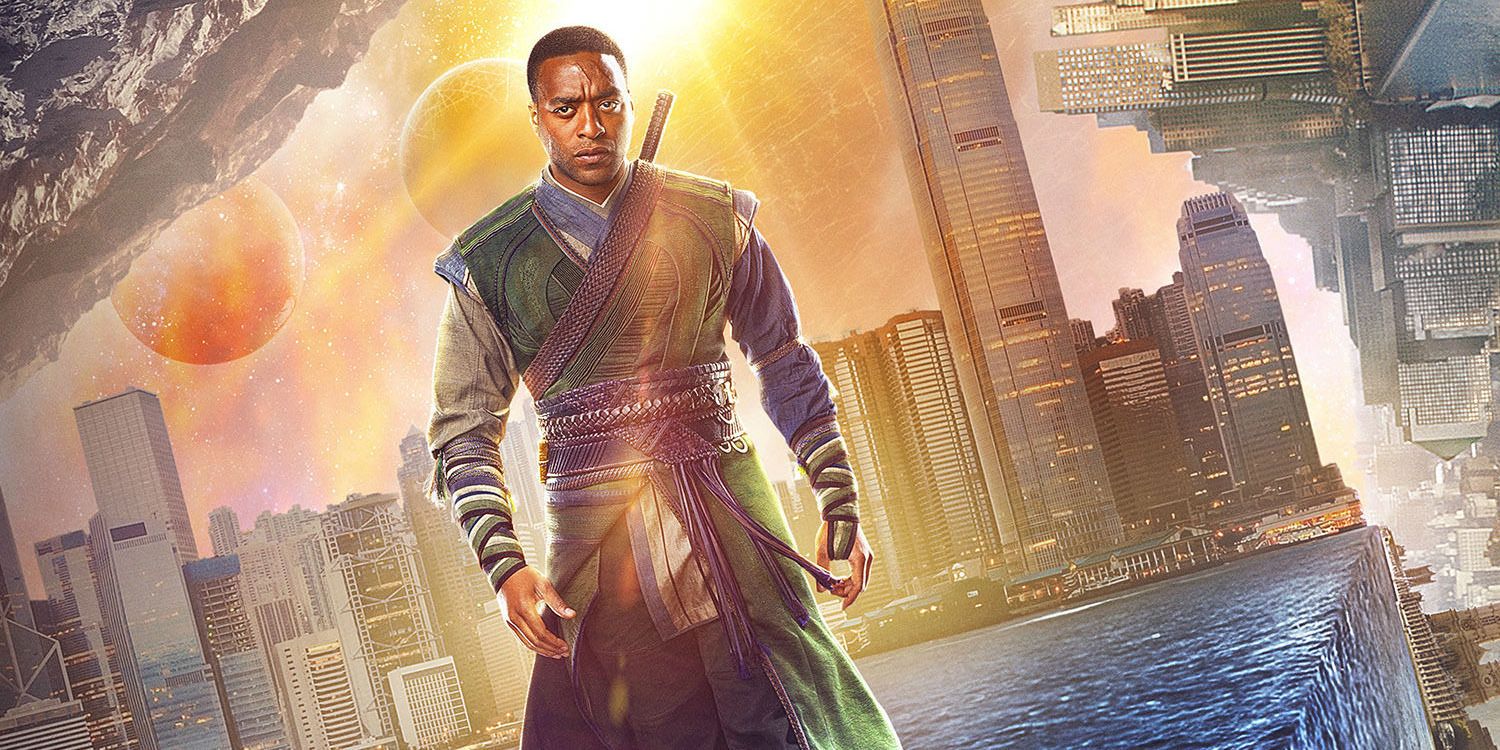Marvel's current Doctor Strange comics are the most important since the character was created in 1969. Stephen Strange made his comic book debut in 1963, created by the legendary Jack Kirby. Ironically, Stan Lee appears to have been rather skeptical he would be a success, because he wasn't sure whether this kind of black magic would work in the Marvel Universe.
Lee was wrong. Over the decades, Doctor Strange has become Marvel's most prominent mystic, the Sorcerer Supreme. He's led his own superhero team, the Defenders, and became one of the most powerful Avengers. And in 2016, he was brought to the big screen at last, played by Benedict Cumberbatch. Guardian of the Time Stone, he played a key role in Avengers: Infinity War and Avengers: Endgame, and a sequel solo movie is on the cards.
For all that's the case, though, Marvel's ongoing Doctor Strange comics are probably the most important since the character's creation. Marvel has traditionally avoided clarifying the "rules" of magic in their comic book universe, and it's frequently led Doctor Strange to become a walking deus ex machina. But Donny Cates began the process of establishing the limitations of magic, revealing there must always be a price. The idea was obviously inspired by Doctor Strange, which featured a scene in which Baron Mordo warned Strange a rule of magic is that there will always be consequences. "The bill comes due," Mordo insisted. "Always. A reckoning."
The Cates run was excellent, and it laid a foundation current comics are building on. Mark Waid has taken charge of the latest Dr. Strange series, while Skottie Young and Humberto Ramos have launched a new Strange Academy ongoing. This latter series is particularly interesting, because it features Marvel's version of Hogwarts School for Witchcraft and Wizardry. A school environment is naturally perfect for setting in place the "rules" of spellcraft in the Marvel Universe, and - for all this is a tremendously fun series - it's already clear Young is taking this seriously. Strange Academy #2, for example, clarified the reason sorcerers need physical training in order to conduct astral battles.
Waid and Young appear to be drawing substantial inspiration for J.K. Rowling's Harry Potter franchise. Not only have they introduced Marvel's Hogwarts, they've also had Strange encounter wand-makers and travel to a Multiversal version of Diagon Alley. Even the spells are similar to Harry Potter. It makes sense for them to take this approach, because they can know readers are intimately familiar with the wizarding world of Harry Potter, and they can toss in terms like "wand-maker" without needing to define them.
Given Waid and Young are building on Cates' foundation, it's reasonable to assume the principles currently being established will last for quite some time. Looking at the movies, it wouldn't be a surprise to see the MCU mimic the comics, taking the same kind of shorthand approach. Sorcery promises to be an important part of the MCU's Phase 4 and beyond, and it's likely Waid and Young are setting up the "rules" that will be incorporated into the movies as well.


